
Rupture of eye capillaries and small blood vessels of the eye are considered a common scenario. This medical issue is sometimes quite benign although ruptured blood vessels in the eye may be closely connected with more severe eye or even systemic conditions. The very eye looks terrifying when the blood starts to pool and the white of the eye completely or partially changes its normal white color and becomes red.
A ruptured blood vessel in the eye is actually subconjunctival hemorrhage occurring once a small vessel located below the conjunctiva breaks. The conjunctiva is rich in capillaries which may easily burst and cause such bleeding. It is not possible for the blood to be absorbed immediately after it has been released, it lingers in the area for certain period of time causing no additional problems. The underlying cause of such bleeding, however, is always supposed to be identified.
Causes of Burst Blood Vessel in Eye
Violent coughing, sneezing, straining of any kind including lifting heavy objects or vomiting are all activities that increase blood pressure. Once blood pressure becomes too high, sensitive conjunctival vessels may burst and leak. Hypertension is also common cause of such bleeding and may be the first sign of elevated blood pressure in previously healthy individuals.
Furthermore, people on a anticoagulant therapy (drugs such as Aspirin, warfarin etc.) are prone to bleeding in general and may experience subconjunctival hemorrhage until the dose of the drug is well adjusted.
It may be that bleeding of this type occurs due to intake of high doses of vitamin E, fish oil, garlic or cayenne.
Infections and eye injuries are also associated with rupture of eye blood vessels. Finally, the problem may originate from an allergic reaction, glaucoma and extreme fatigue and sleep deprivation.
Treatment for Burst Blood Vessel in Eye
Subconjuctival hemorrhage does not require treatment per se, but the underlying cause of bleeding must be identified and treated adequately.
Infections of the eyes are easily brought under control with antibiotics or antiviral drugs depending on the infective agents responsible for inflammation and associated hemorrhage. Hypertension requires more complex approach and one or even a combination of antihypertensive drugs. Treatment adjustment is important until patients achieved optimal level of blood pressure.
In case subconjunctival hemorrhage develops as consequence of increased dose of Aspirin , warfarin and other anticoagulants, the dose is adjusted and bleeding will not reoccur. Finally, allergies are either prevented by avoiding allergens or brought under control with proper anti allergy treatment.



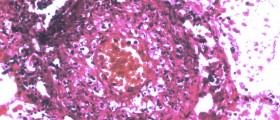






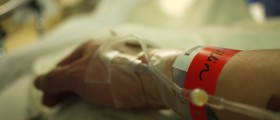


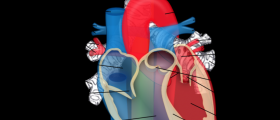

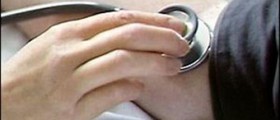
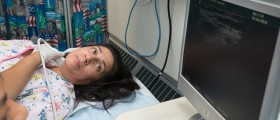
Your thoughts on this
Loading...